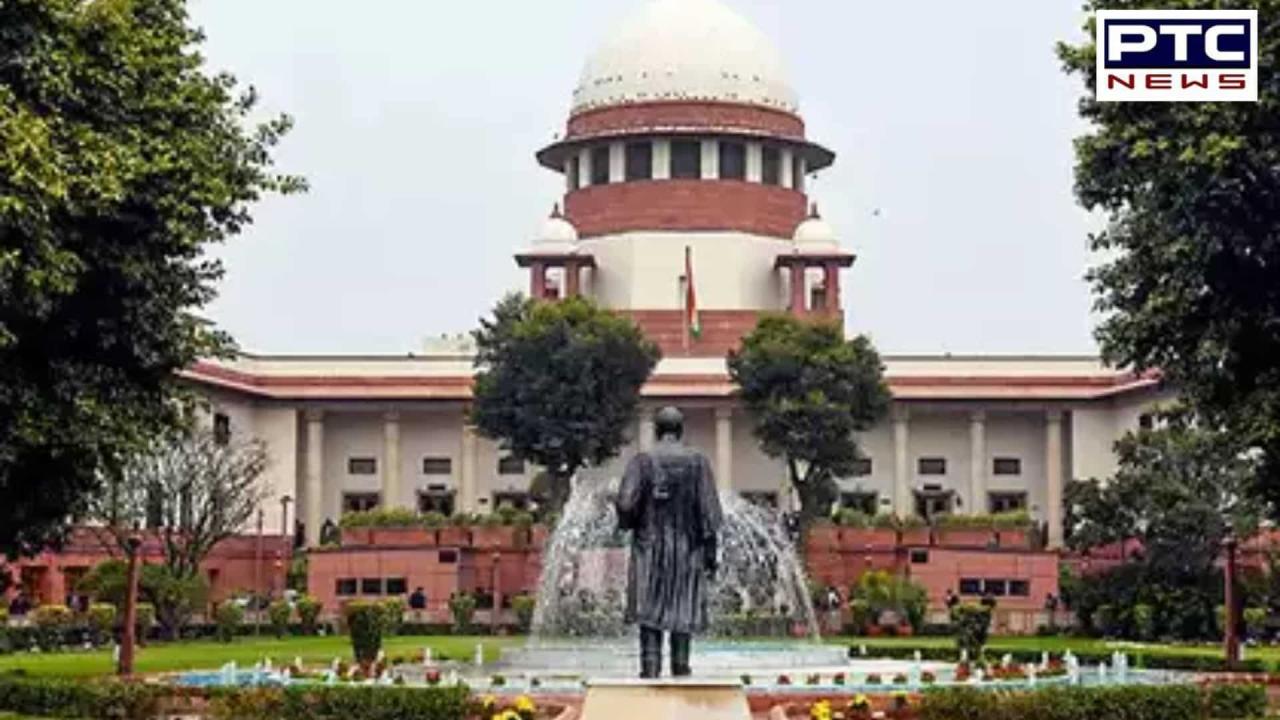

SC underlines rights of homemakers, advocates for joint accounts, ATM access
New Delhi, July 10: The Supreme Court has stressed the crucial role of homemakers and the sacrifices they make for their families, urging Indian men to recognise these contributions. This statement was made by a Bench comprising Justice BV Nagarathna and Justice Augustine George Masih while ruling that a divorced Muslim woman is entitled to seek alimony from her husband under Section 125 of the Code of Criminal Procedure (CrPC). The court clarified that the maintenance law applies to all married women, regardless of their religion.

Highlighting the importance of financial support for wives, the Supreme Court suggested practical measures such as maintaining joint bank accounts and sharing ATM access to ensure economic stability for women within households. The Supreme Court underscored that maintenance is a fundamental right of married women, not an act of charity.
"This right transcends religious boundaries, reinforcing the principle of gender equality and financial security for all married women," the court stated.
Section 125 of the CrPC mandates that a person with sufficient means cannot deny maintenance to their wife, children, or parents.
The judgment was delivered in response to a petition by Mohd Abdul Samad, who had been ordered by a family court to pay a monthly allowance of Rs 20,000 to his divorced wife. The Telangana High Court later reduced this amount to Rs 10,000, prompting Mohd Samad to appeal to the Supreme Court. His counsel argued that divorced Muslim women could seek recourse under the Muslim Women (Protection of Rights on Divorce) Act, 1986, which he claimed offered more than Section 125 CrPC. He contended that the specific provisions of the 1986 Act should prevail over the general law.
However, Amicus Curiae Gaurav Agarwal argued that personal law does not negate a woman's entitlement to relief under the gender-neutral CrPC.
- With inputs from agencies
